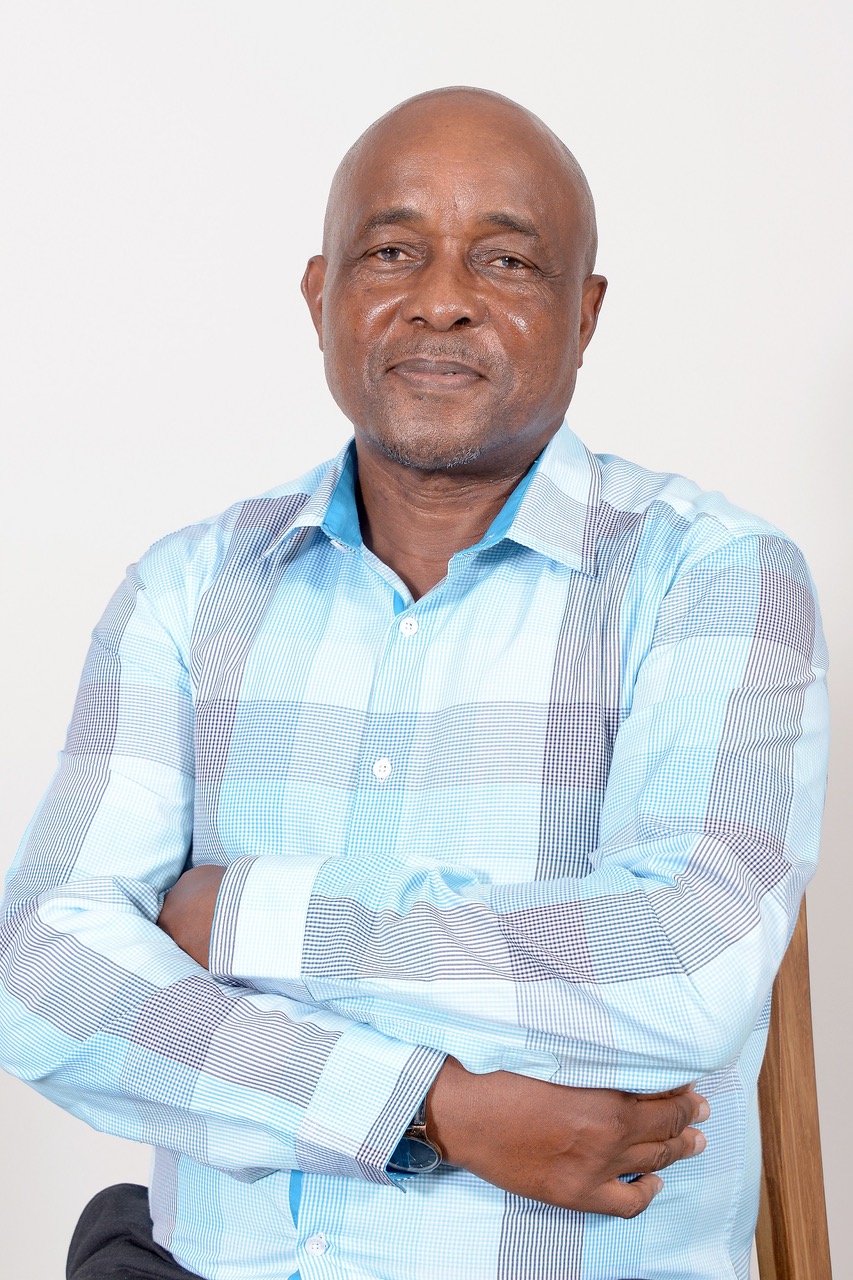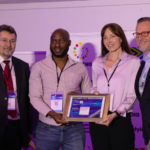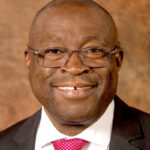The road to academic success was not always straight for Professor Magnate Ntombela, the energetic Academic and Social Purposes Initiative Director, at private higher education institution MANCOSA.
Like others of his age, he had to struggle hard to overcome the hurdles and obstacles that apartheid created for aspiring young Blacks.
Today the affable and cheerful intellectual can look back with pride at a lifetime of working with NGOs, in public schooling and in public and private higher education.
And despite his busy schedule, he is prepared to help mentor other young black men achieve and overcome challenges such as the predominant stereotype of the alcoholic absent dad placing additional pressure on single female-headed households or households headed by ageing grandparents. (He may be contacted at[email protected])
Ntombela, 68, was born in Pietermaritzburg but moved to KwaMashu township at the age of 14 when his father got a job in Durban.
He attended Ockerts Kraal Combined School, Sobantu Primary School and Sobantu Secondary School before he was sent to Inkamana High School in Vryheid. At school he participated in sports, especially soccer and tennis.
He faced challenges early in life. “Apartheid placed restrictions. My first love was pharmacy but only one Black higher education institution (Turfloop) offered it and a Zulu like me needed a permit to attend an institution for another ethnic group.
“In my first job after my junior degree, I lasted only six months because I felt I was treated unfairly. It took me a full two months to land another job – that was quite a long time those days.”
He began his working life in industry when workers had no unions. “In those difficult times I did my best to work and behave in a manner that was consistent with my beliefs and, in a small manner, I ensured that, as part of middle management, I did not harm the dignity of the lowly-placed Black workers.”
Thereafter, he worked for non-government organisations that sought to improve the teaching of science and mathematics in disadvantaged schools through innovative teacher development programmes. During that period, he was also appointed by Education Minister, Kader Asmal, to one of the committees tasked with reviewing the schools’ science curriculum.
In 1999, he joined the University of South Africa where he worked as KZN Regional Director for 17 years. During this time, he co-authored the Science Alive school textbook series.
He holds Bachelor of Science degree (Biochem & Zoology) and Secondary Teachers’ Diploma from the University of Zululand; Advanced Diploma Adult Education from the then University of Natal (now UKZN); Master of Professional Studies (Agriculture & Life Sciences) from Cornell University; Master of Education (Science Education) cum laude from Leeds University as well as completing various short programmes such as in strategic management; conflict resolution; public management; and assessor and moderator training. In 2018 the Novosibirsk State University of Economics and Management in Siberia, Russia awarded him an honorary professorship.
Ntombela joined MANCOSA in 2017 as an Advisor. Due to his interest in community-related projects, he also began to notice the various initiatives that MANCOSA departments were involved in but were not always reported institution-wide. In 2018 he organised a Community Engagement Colloquium where KwaZulu-Natal public and private higher education institutions gathered to share their programmes and projects in this regard.
In late 2019, he was given responsibility for the newly-established Social Purpose Initiatives Committee which coordinates and ensures effective implementation of flagship projects.
“My interest and pursuit of these activities supports the National Development Plan 2030 view that higher Education is the major driver of information and knowledge systems that contribute to economic development.
“However, higher education is also important for good citizenship and for enriching and diversifying people’s lives. MANCOSA has many projects aimed at making a contribution towards the betterment of society in a manner that complements its academic project,” Ntombela said.
Ntombela believes it is important to empower people with leadership skills, particularly those in historically-disadvantaged communities.
As a leader himself, it is his wish to imbue those he interacts with, with a love for learning – lifelong-learning that leads to an enriched life, not just materially but a more holistic, rounded development that enables caring for others and for the environment.
As for whether he believes the glass-ceiling still exists for women in the workplace, he says there has been some progress but statistics still show a “white male dominance” in many corporates. “So, prejudice against women and Blacks still exists.”
Some of the lessons he has learnt through his career include always giving of your best; learning continuously; being trustworthy and truthful; respecting people at all levels; and looking for ways to improve how you do things.
While his long-term goal is to make a contribution that makes a difference in the world and to live a life that is in sync with his values and beliefs, in the short-term he is committed to use his leadership and management to strengthen MANCOSA’s operations and reputation.
In his spare time, Ntombela plays golf or watches soccer, running and tennis. He also enjoys reading and listening to music.
He is married to Professor Thabi Ntombela who is at UNISA, and they have two sons aged 24 and 27, and an adopted niece aged 19. From his previous marriage he has four grown up children and several grandchildren












